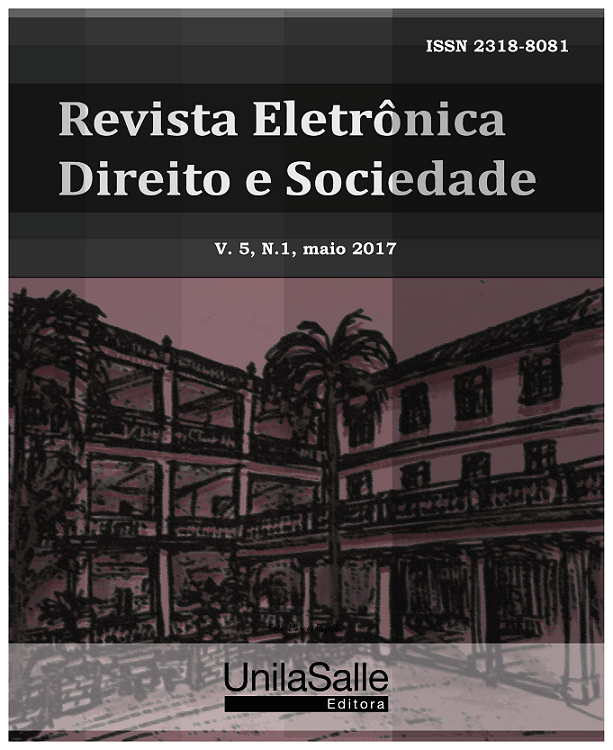Brief approaches to the question of guilt and criminal liability in the light of cultural criminology
DOI:
https://doi.org/10.18316/redes.v5i1.3608Keywords:
Cultural Criminology, Foreigners, Guilt Interiorization, Spiritual Belief, Costume Against Legem.Abstract
In this article, I intend to debate the question of the interiorization (or not) of guilt, through the observation of the debates as custom against legem or “mistaken of culturally conditioned comprehension” under a perspective of the cultural, with a specific focus on a spiritual belief of a group of non-national individuals. This analysis raises questions that currently challenge criminologists on a globalized world. The objective is to highlight certain aspects of a few criminological theories, that may be applied to questions concerning foreign nationals and/or to cultural diversity. I will deep in specific questions on cultural criminology, addressing issues that currently arise, due to cultural differences vs. “deviant” behaviours and potentially considered a crime. I will address the debate of the custom against legem, among others, from a penal perspective, considering the question of the possible internalization of guilt by foreign-national agents of crimes. I will illustrate these reflections with a concrete case that gives rise to considerations in an increasingly globalized world.
Downloads
Published
Issue
Section
License
Authors who submit their manuscripts for publication in the “REDES” Magazine agree to the following terms:
The authors claim to be aware that they retain copyright by giving “REDES” the right to publish.
The authors declare to be aware that the work submitted will be licensed under the Creative Commons Non-Commercial Attribution License which allows article sharing with acknowledgment of authorship and publication in this journal.
The authors declare to be aware that by virtue of the articles published in this journal have free public access.
The authors declare, under the penalty of the law, that the text is unpublished and original and that they are aware that plagiarism has been identified, plagiarized authors will be informed - willingly, to take legal action in the civil and criminal sphere - and, plagiarists will have their access to the magazine blocked.
The authors state that - in case of co-authoring - all contributed significantly to the research.
Authors are obliged to provide retractions and (or) corrections of errors in case of detection.
The authors are obliged not to publish the text submitted to “REDES” in another electronic journal (or not).
The Electronic Journal Law and Society - REDES - is licensed under a Creative Commons License. Attribution-NonCommercial 4.0 International.Based on work available at "http://revistas.unilasalle.edu.br/index.php/redes/about/submissions#copyrightNotice".
Permissions in addition to those granted under this license may be available at http://creativecommons.org/.

